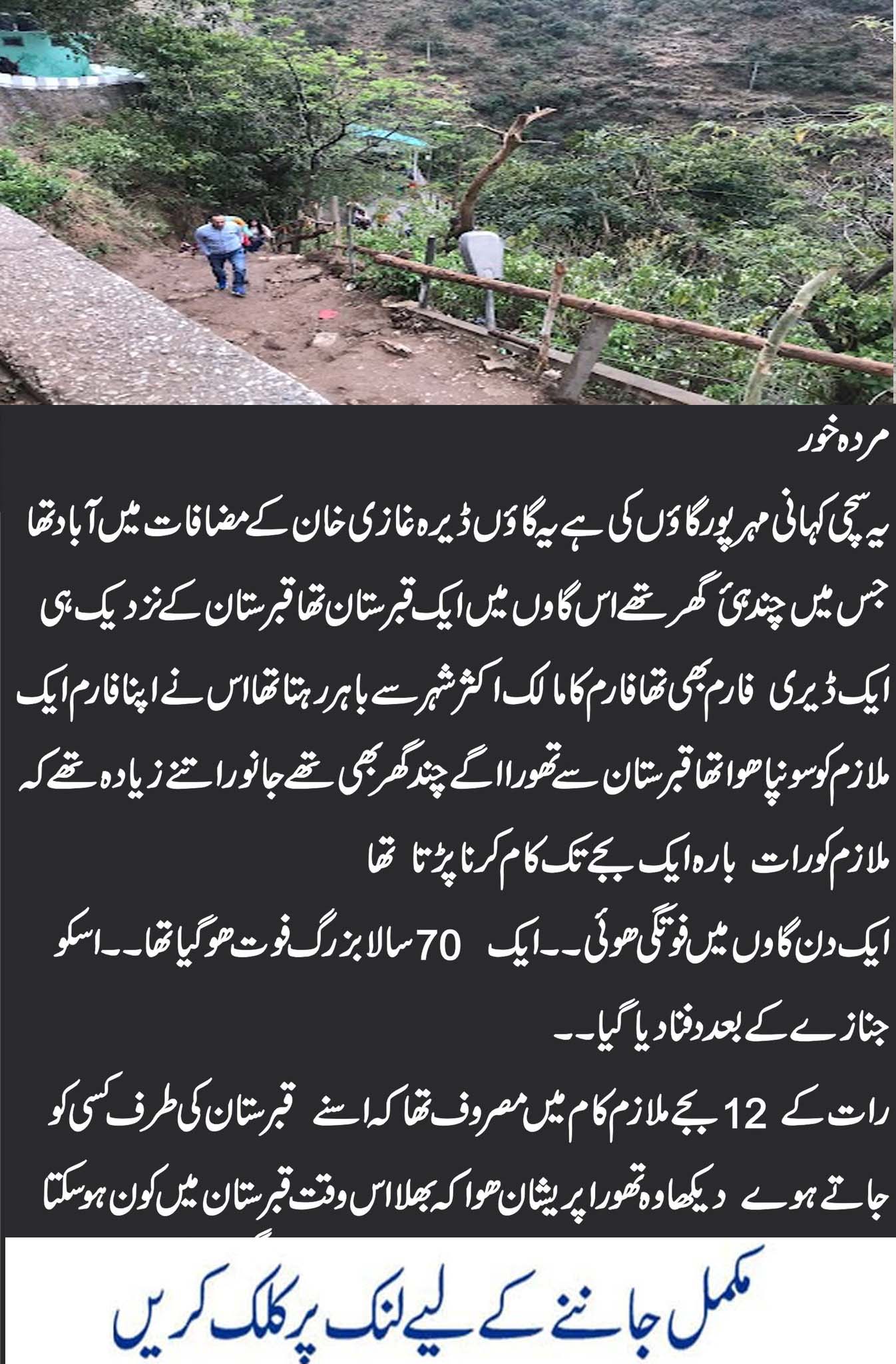This section presents the history of Pakistan from the partition of British India (1947) to the present. For a discussion of the earlier history of the region, see India.
Background to partition
The call for establishing an independent Islamic state on the Indian subcontinent can be traced to a 1930 speech by Sir Muhammad Iqbal, a poet-philosopher and, at the time, president of the All India Muslim League (after Pakistan’s independence, shortened to Muslim League). It was his argument that the four northwestern provinces and regions of British India—i.e., Sind (Sindh), Balochistan,

Punjab, and North-West Frontier Province (now Khyber Pakhtunkhwa)—should one day be joined to become a free and independent Muslim state. The limited character of this proposal can be judged from its geographic rather than demographic dimensions. Iqbal’s Pakistan included only those Muslims residing in the Muslim-majority areas in the northwestern quadrant of the subcontinent.
It ignored the millions of other Muslims living throughout the subcontinent, and it certainly did not take into account the Muslim majority of Bengal in the east. Moreover, Iqbal’s vision did not reflect the interests of others outside the Muslim League seeking liberation from colonial rule,
and it did not conform to ideas reflected in Islamic expressions that spoke of a single Muslim community (ummah) or people (qawm), explaining in no small way why many other Muslim leaders—e.g., Abul Kalam Azad, Abdul Ghaffar Khan, and, later, Khizar Hayat Khan Tiwana—were less than enthused with his proposal
